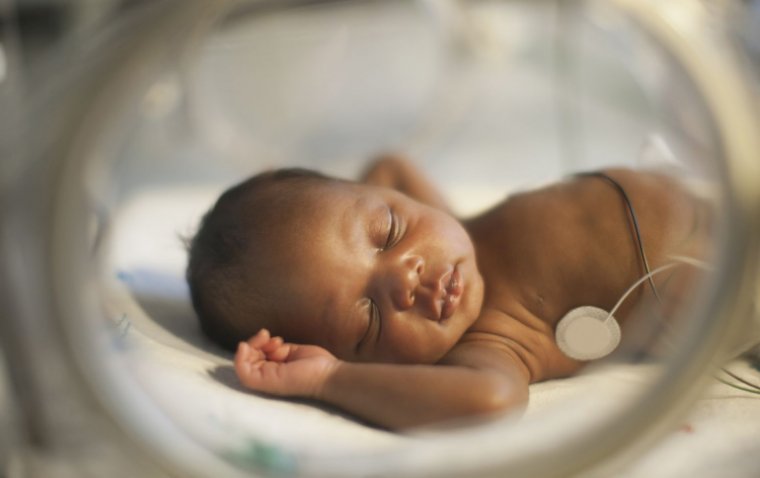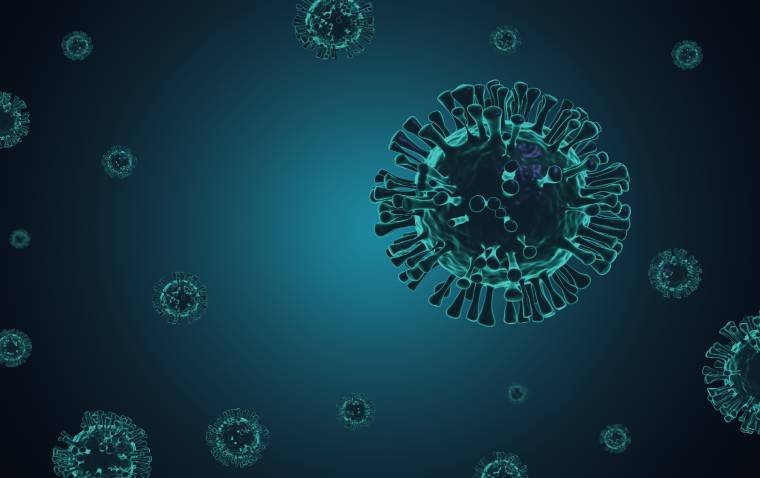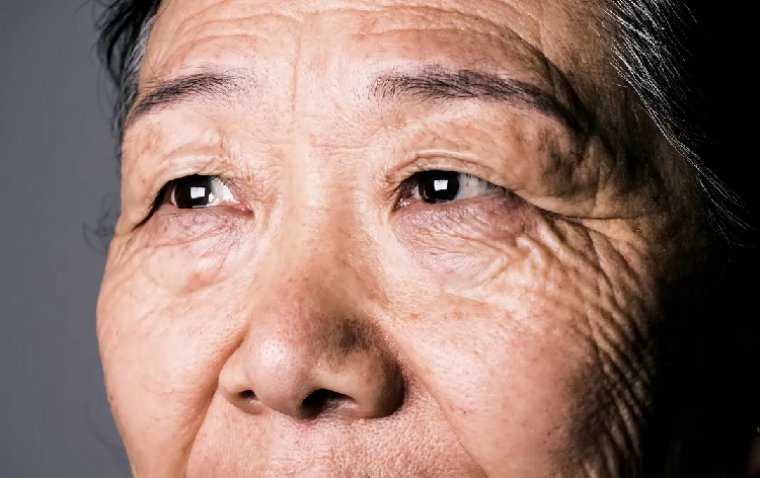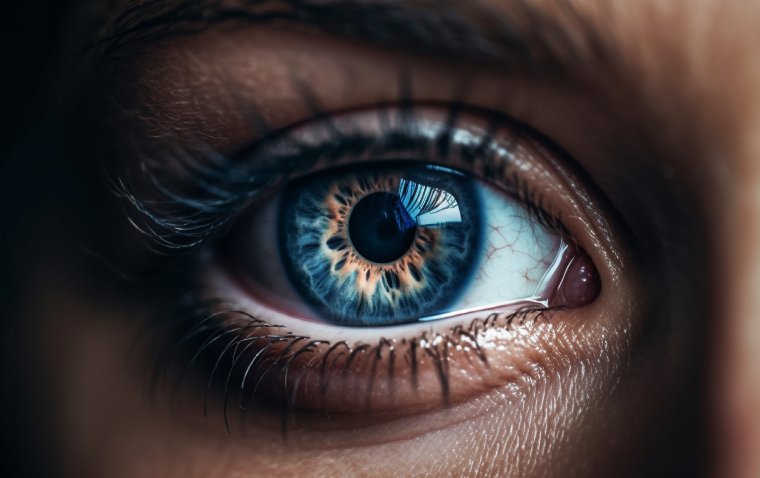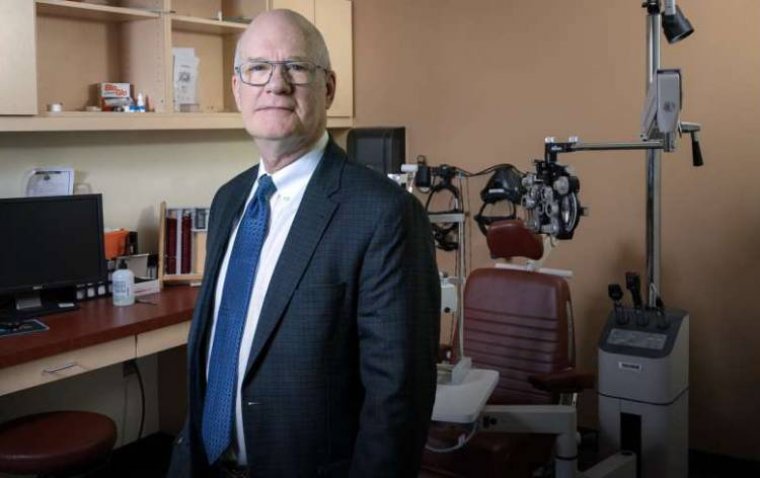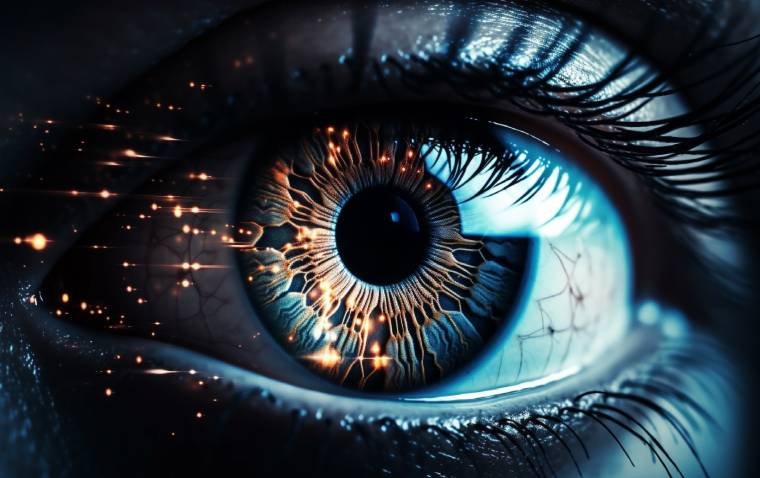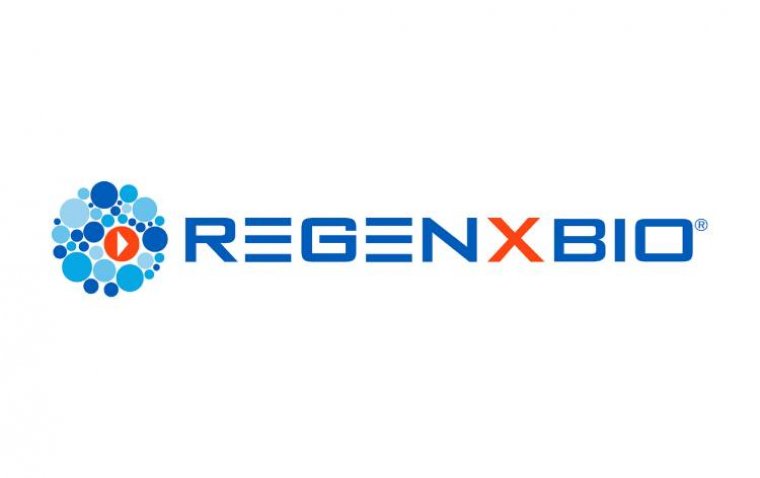
Regenxbio's Gene Therapy for Wet AMD Shows Promising Results in The Lancet
Regenxbio Inc. announced the publication of their phase 1/2a study results in The Lancet, showcasing the effectiveness of ABBV-RGX-314 as a one-time gene therapy for wet age-related macular degeneration (AMD).
Lancet Study Highlights Safety and Efficacy of ABBV-RGX-314
The study, titled "Gene therapy for neovascular age-related macular degeneration by subretinal delivery of RGX-314: a phase 1/2a dose-escalation study," provides compelling two-year data supporting the safety and tolerability of a single dose of ABBV-RGX-314.
Kenneth T. Mills, President and CEO of Regenxbio, expressed optimism about the potential of ABBV-RGX-314, stating, "We have started 2024 with strong, positive new data from the ABBV-RGX-314 program, and we believe that there is multi-billion-dollar potential for ABBV-RGX-314 to become a first-in-class gene therapy for wet AMD." Mills highlighted the significance of the publication in The Lancet as a testament to the innovative work of their scientists and investigators, emphasizing the therapy's ability to potentially maintain or improve vision in patients with wet AMD.
The study revealed that most patients experienced stable or improved visual acuity and retinal thickness after a single administration of ABBV-RGX-314, with few or no supplemental anti-VEGF injections required. Therapeutic doses showed sustained levels of ABBV-RGX-314 protein, indicating a durable treatment effect up to four years.
ABBV-RGX-314 Advances to Pivotal Trials
Currently, ABBV-RGX-314 is undergoing evaluation in two pivotal trials, ATMOSPHERE and ASCENT, targeting wet AMD, with the aim to support global regulatory submissions. The therapy, developed in collaboration with AbbVie, utilizes the NAV AAV8 vector to inhibit vascular endothelial growth factor (VEGF), a key factor in the progression of wet AMD and other chronic retinal conditions.
Exploring Innovative Delivery Methods for ABBV-RGX-314
Regenxbio is also exploring two delivery methods for ABBV-RGX-314, including a standardized subretinal procedure and a novel approach through the suprachoroidal space, for which it has licensed exclusive rights to the SCS Microinjector technology from Clearside Biomedical.
About Wet AMD
Wet age-related macular degeneration (wet AMD) is a severe form of age-related macular degeneration characterized by the growth of abnormal blood vessels from the choroid underneath the macula, which can leak fluid and blood, leading to rapid vision loss. This condition primarily affects the central part of the retina, impairing the sharp, central vision required for activities like reading, driving, and recognizing faces. Wet AMD is distinguished from its counterpart, dry AMD, by its sudden onset and swift progression, making early detection and treatment essential to preserving vision.
(1).jpg)
